In the bustling world of online classifieds, eBay Kleinanzeigen has emerged as Germany’s go-to platform for buying and selling secondhand goods. With its user-friendly interface and local focus, it attracts millions of users looking for everything from vintage furniture to used cars. However, its popularity also makes it a hotspot for scammers. Navigating the platform safely requires a mix of vigilance, skepticism, and familiarity with common red flags.
The first line of defense against scams on eBay Kleinanzeigen is understanding how they typically unfold. Fraudsters often exploit the trust-based nature of the platform, posing as legitimate sellers or buyers to manipulate transactions. One recurring scheme involves fake payment confirmations. A "buyer" might send a doctored screenshot or email claiming they’ve transferred money, pressuring the seller to ship the item before realizing the payment never arrived. Conversely, sellers might list non-existent items at tempting prices, only to disappear after receiving payment.
Another prevalent tactic is the overpayment scam. Here, a buyer sends more money than agreed upon, often using a stolen credit card, then requests a refund of the excess amount. By the time the original payment is reversed due to fraud, the victim has already sent their own money—leaving them out of pocket. These schemes thrive on urgency; scammers often insist the deal must be completed immediately, discouraging victims from double-checking details.
To avoid falling prey, users should prioritize transactions that allow for in-person exchanges. Cash payments upon meeting not only eliminate the risk of fraudulent transfers but also let both parties inspect the goods firsthand. When dealing with high-value items like electronics or vehicles, meeting at a secure location such as a police station parking lot adds an extra layer of safety. If shipping is unavoidable, using eBay Kleinanzeigen’s integrated payment system provides more protection than direct bank transfers or PayPal’s "Friends and Family" option, which offers no purchase safeguards.
Communication patterns can also reveal potential scams. Be wary of users who refuse phone calls or video chats, especially if their profile lacks verifiable details. Genuine sellers usually provide additional photos or information upon request, whereas scammers might dodge specific questions about the item’s condition or history. Poor grammar and overly generic responses are additional red flags—though not definitive proof of fraud, they warrant extra caution.
eBay Kleinanzeigen’s own security features should not be overlooked. The platform offers a "Verified" badge for users who confirm their identity via ID or video verification. While not foolproof, this marker indicates a higher level of accountability. Reporting suspicious listings or users helps keep the community safe; the platform’s moderators rely on such flags to take down fraudulent accounts. Enabling two-factor authentication for your own account prevents unauthorized access, reducing the risk of hijacked profiles being used in scams.
Beyond technical precautions, cultivating a skeptical mindset is crucial. If a deal seems too good to be true—like a brand-new iPhone priced at half its retail value—it almost certainly is. Researching average prices for similar items provides a reality check. Reverse-image searching product photos can uncover stolen images from other listings or stock photography, exposing fake ads. For vehicle purchases, requesting maintenance records and conducting a license plate check through Germany’s Fahrzeugregister adds legitimacy.
Payment methods play a pivotal role in scam prevention. Traditional bank transfers (Überweisung) offer little recourse if fraud occurs, whereas services like PayPal Goods and Services (despite its fees) include buyer and seller protection. Escrow services, though less common for small transactions, provide a neutral third party to hold funds until both sides fulfill their obligations—ideal for high-stakes purchases. Never share sensitive information like ID copies or bank details unless absolutely necessary, and even then, ensure the recipient is trustworthy.
Local awareness matters too. Certain regions or categories see higher scam rates; for instance, rental listings in competitive housing markets like Berlin or Munich are notorious for deposit fraud. Familiarizing yourself with area-specific risks through forums or consumer protection sites like Verbraucherzentrale can provide tailored advice. Seasonal trends also emerge—around holidays, fake gift card listings spike, while summer sees scams targeting festival ticket resales.
Ultimately, eBay Kleinanzeigen remains a valuable resource when used judiciously. Its community-driven nature means many users willingly share scam warnings or positive experiences with specific buyers/sellers. Building a network of trusted contacts over time creates a safer ecosystem. While no platform can eliminate risk entirely, combining these strategies significantly reduces vulnerability, letting users enjoy the benefits of secondhand commerce without the nightmares.

By Eric Ward/Apr 10, 2025
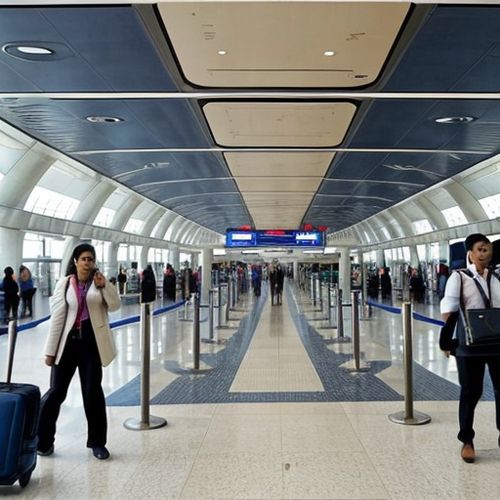
By Laura Wilson/Apr 10, 2025

By Michael Brown/Apr 10, 2025

By Daniel Scott/Apr 10, 2025

By Megan Clark/Apr 10, 2025

By Sarah Davis/Apr 10, 2025

By Amanda Phillips/Apr 10, 2025

By Lily Simpson/Apr 10, 2025
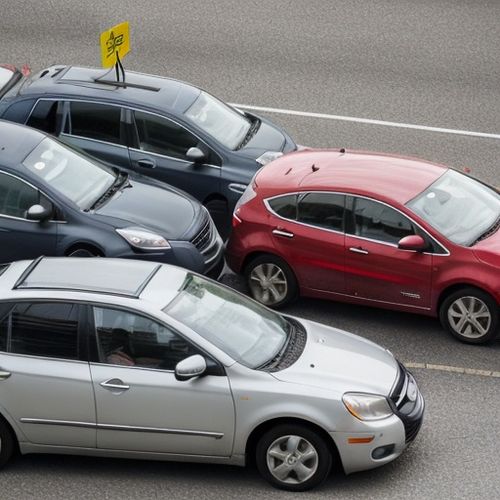
By Thomas Roberts/Apr 10, 2025

By Sarah Davis/Apr 10, 2025

By Noah Bell/Apr 10, 2025

By Sarah Davis/Apr 10, 2025

By Amanda Phillips/Apr 10, 2025

By Benjamin Evans/Apr 10, 2025
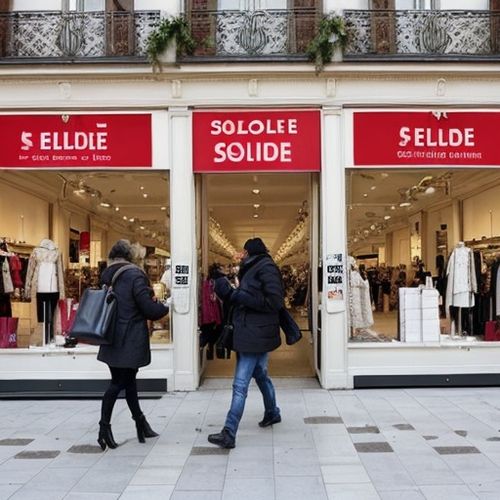
By Benjamin Evans/Apr 10, 2025
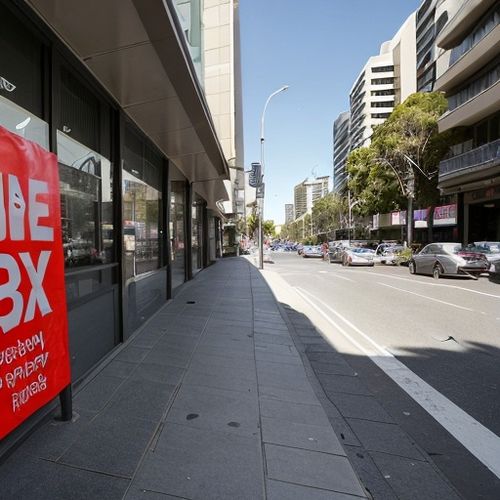
By Olivia Reed/Apr 10, 2025
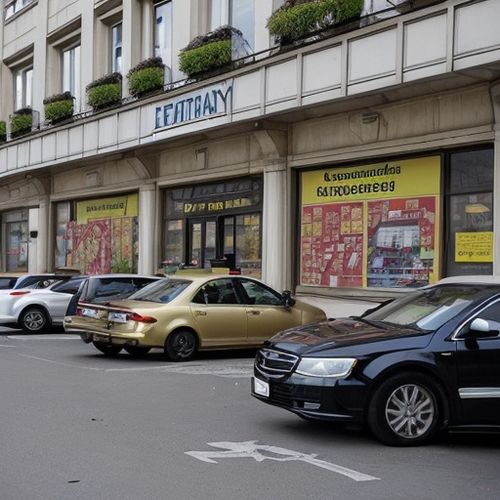
By James Moore/Apr 10, 2025